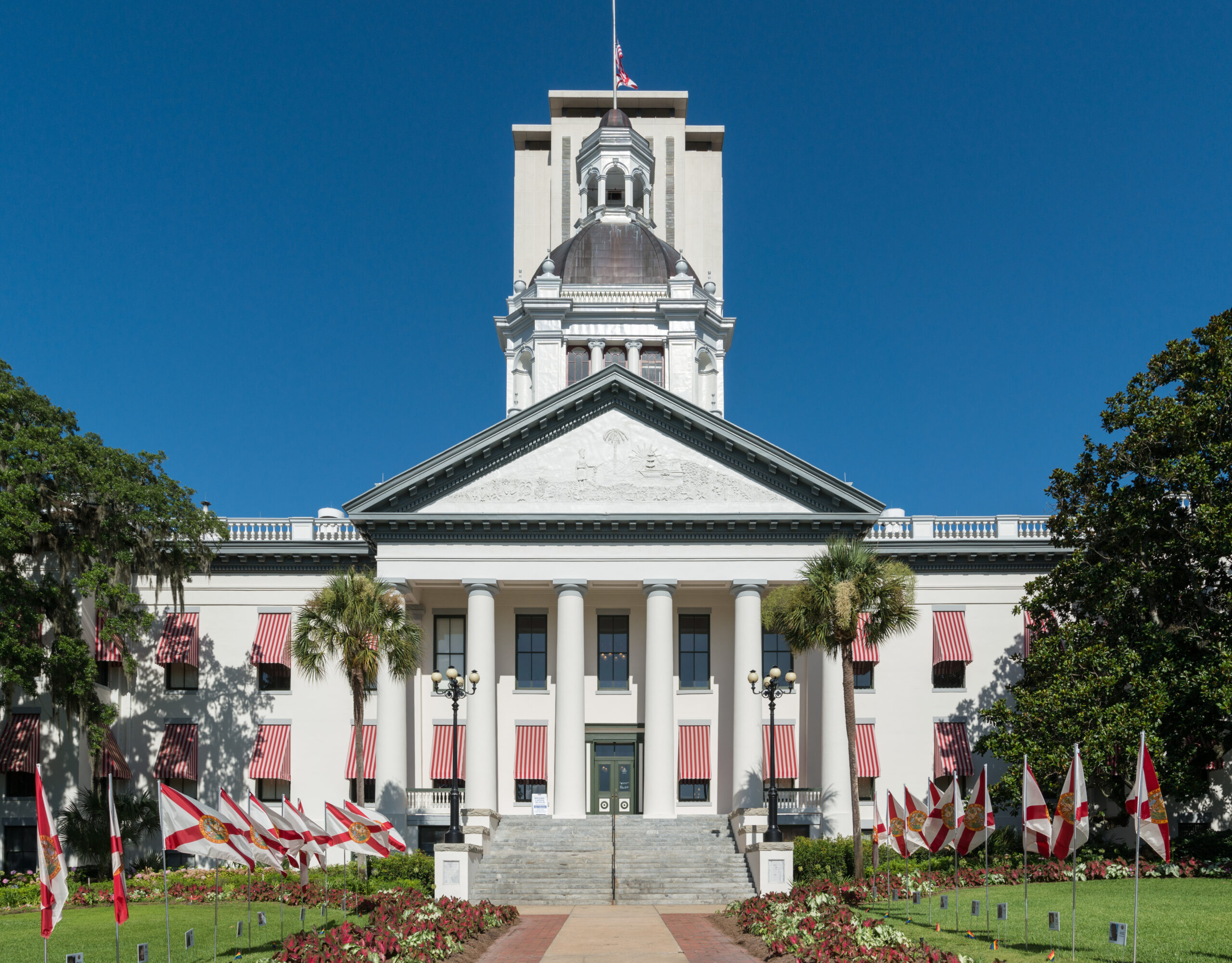OPINION: Join the fight against dishonest politicians, one Google search at a time

About 65% of Americans have highly negative views of politicians, according to Pew Research Center’s Sept. 19 study.
People feel dissatisfied because they believe that politicians are money-hungry, selfish and dishonest, according to the study. USF students also do not believe politicians are honest, according to a Wednesday poll conducted by The Oracle.
Students must be willing to vote across party lines and do more independent research on the integrity of political candidates to decipher which are honest and which are not, as major news outlets cannot accurately show politicians’ intentions.
Voting citizens have the right to select a candidate with integrity to help lead the country. Since politicians influence laws that shape people’s everyday lives, the stakes are high.
Pew Research Center released a Sept. 19 survey asking citizens how they view politicians. “Elected officials are widely viewed as self-serving and ineffective,” according to the report.
Furthermore, 63% of Americans express “not much” or “no confidence” in the future of the U.S. political system.
To find USF students’ confidence in their representatives, The Oracle conducted a poll. The survey asked seven multiple-choice questions covering topics such as their trust in politicians of both parties, party affiliation and where they receive political news.
The survey noted that of the 93 respondents, 57% of students voted in the last general election. Of the students, 41.9% were Democrat, 32.3% were not affiliated, 21.5% were Republican and 4.3% identified with a third party.
USF students do not think politicians are actually sincere. The survey showed that 39.8% believe politicians are “never honest,” 59.1% “sometimes” and a meager 1.1% believe they are “mostly honest”.
Presidents of USF’s Republican and Democrat clubs also believe that politicians often don’t stick to their proclaimed values.
“It is common for politicians to say things that are not honest to benefit themselves, to make headlines, to gain popularity and to win re-election,” USF Republican club President Caitlyn Adams stated in a Sept. 26 interview with The Oracle.
“During elections, a large number of candidates highlight initiatives they ‘promise’ to fulfill during their time in office to make the country, state or city better, but once they get elected they fulfill little to none of their promises,” Adams stated.
Students have little hope in the majority of legislators because they display a lack of commitment to their promises.
USF College Democrats President Tyler Tone believes both political parties are guilty of dishonesty, but not due to a lack of commitment.
“There’s a tradeoff between commitment (ideology, to ‘the cause’) and honesty,” he stated in a Sept. 26 interview with The Oracle.
Tones said conservative and liberal voters value a candidate who is committed to an ideological cause more than honesty.
Students need to look at a candidate’s integrity more than their willingness to commit to a political party. By valuing a higher ideological cause above all else, political leaders are less inclined to uphold the true needs that citizens vote for when the two ideas clash.
Although students of all party affiliations believe that the majority of politicians are dishonest, students have more distrust in left-leaning politicians than right-leaning ones, with 61.3% believing that only few left-leaning politicians are honest and 51.6% believing only few right-leaning politicians are honest.
If students do not trust their representatives, they should do more research to gain a better understanding of the candidates they vote for to decipher which are trustworthy and which are being disingenuous.
Based on the survey, 52.3% of USF students receive political information from news articles, while 35.2% get information from social media, 3.4% from government documents and 9.1% from other sources.
The majority of students receive vital information from news outlets, yet, news media outlets are not fully trusted. Of the 67 top news media outlets surveyed, 31 have extreme bias and are based on personal partiality, according to AllSides’ media bias chart. These news media outlets are devoted to conforming to a political ideology rather than upholding the truth.
Since news outlets cannot be fully trusted to give students an accurate, unbiased view of their candidates, students need to independently research what they have done in the past. Researching a politician’s past legislation and reviewing actionable steps they’ve taken toward their goals will show voters what the candidate truly values and will likely prioritize in office.
While the responsibility truly lies on politicians to uphold political integrity, students can help create positive change by doing more research about the people they vote for.
The role of a politician is vital to society. They rule government for the betterment of citizens and their corruption is a disservice to voters. As such, students must do more research on the leaders they vote for in order to create a more effective political system and society.







